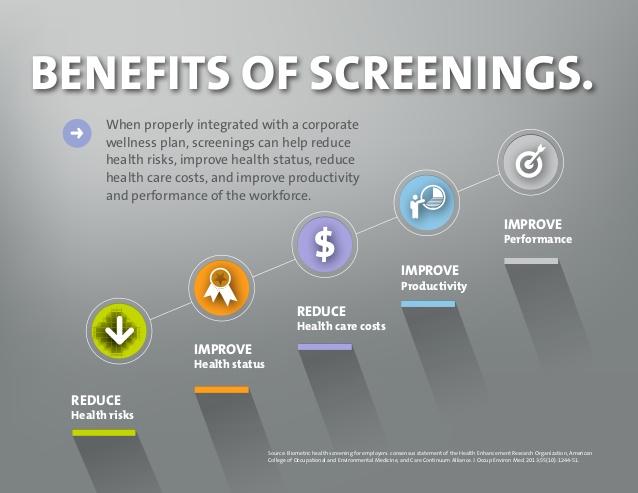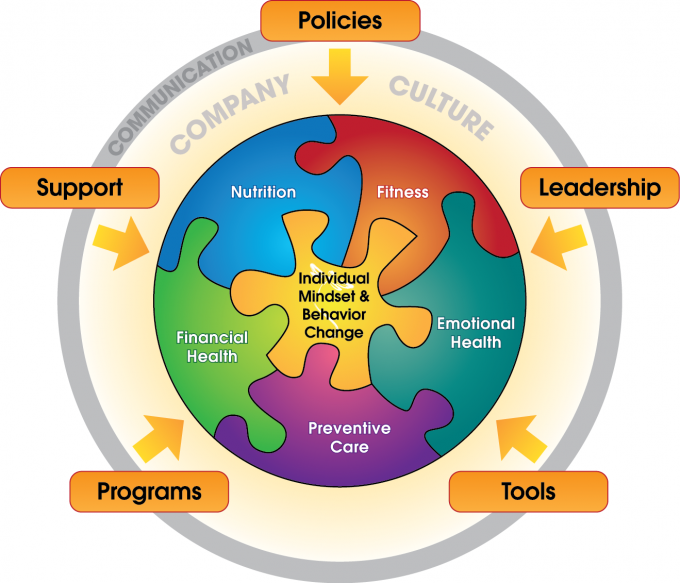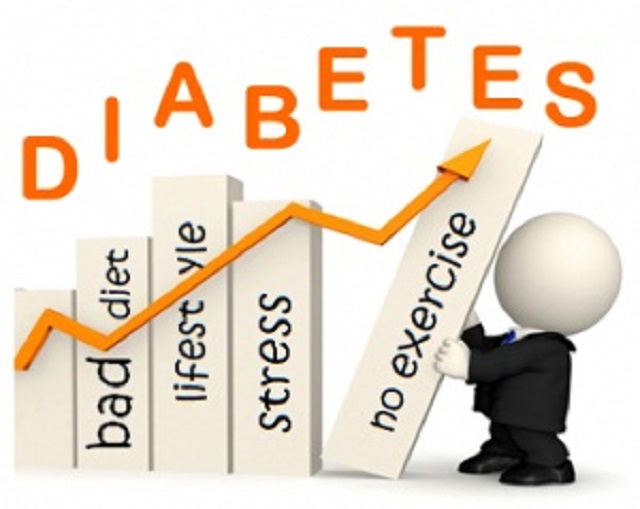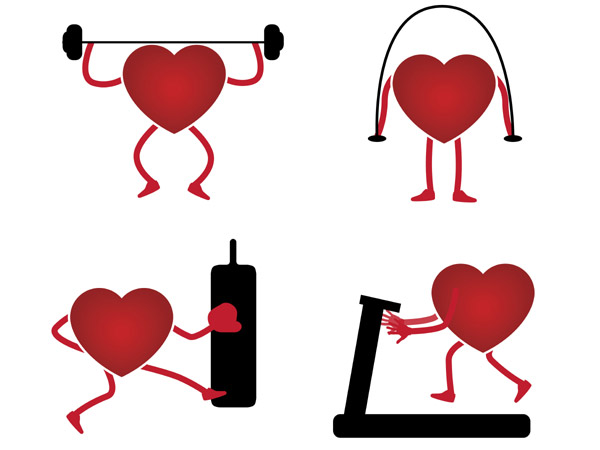Wellness Programs and Health Costs (The Guardian: 20/2/2018)
One of the main benefits of wellness in the workplace is to improve employee health. Employee wellness programs can help reduce health costs. Building a sustainable company requires making investments in the present that will hold for the future. Workplace wellness programs are an important way to invest in people. When employees feel their employees have invested in their wellbeing,










